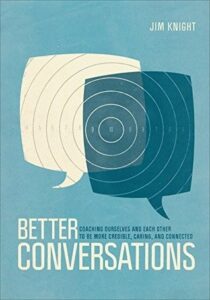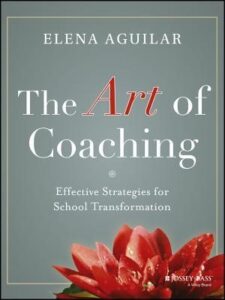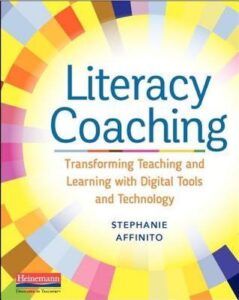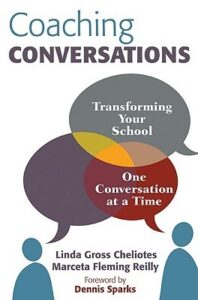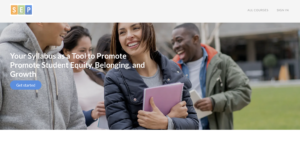The Etown Teaching & Learning Design Studio and the office of the Dean of Faculty and Associate Provost for Student Learning invite proposals to the Elizabethtown College Learning Design fellowship program. The program, which is intended to supplement rather than supplant existing professional development resources such as the Faculty Grants program and Professional Development Funds, is designed to afford individual faculty members the opportunity to advance their Scholarship of Teaching and Learning agenda and to serve as campus leaders in particular areas of focus. Areas of emphasis might include: interdisciplinary teaching and learning, integration of community-engaged learning, teaching strategies for challenging courses, advising and mentoring to promote student success, integration of diverse perspectives, organizational change, use of instructional technology to foster student engagement and/or promote economy of faculty time, online teaching and learning, etc.
Learning Design Faculty Fellow Expectations:
- Attend quarterly meetings with the Etown Teaching & Learning Design Studio team during the fellowship appointment.
- Implement a newly designed initiative in the Spring 23, Fall 23 or Spring 24 terms.
- Showcase results and share expertise at an Elizabethtown College faculty workshop during the 23-24 academic year.
- Create at least one deliverable (article, white paper, module) for faculty use and, ideally, for presentation to a professional audience.
- Assess and evaluate the project and provide a summary report.
- Act as a resource for faculty colleagues, the Professional Development Committee, and the Teaching & Learning Design Studio.
Eligibility. All full‐time faculty and instructional staff members in the traditional program or SGPS in any area or discipline are eligible to apply. Applicants must commit to attend all Faculty Fellows meetings or workshops, implement the proposal in the Spring 23, Fall 23 or Spring 24 academic terms, share expertise as part of the ongoing professional development offerings at the College, and evaluate and assess the project as part of a full report. Following completion of the Fellowship, Faculty Fellows are invited to participate in networking gatherings to meet and support incoming Fellows and to support the Teaching and Learning Design Studio and the Professional Development Committee as available.
How to Apply: Download the application attached to this post (Learning Design Faculty Fellows Program Call Oct2022 ) or send an email to studio@etown.edu to request an application. Applications may be submitted to studio@etown.edu . All submissions must be submitted by October 31, 2022.


